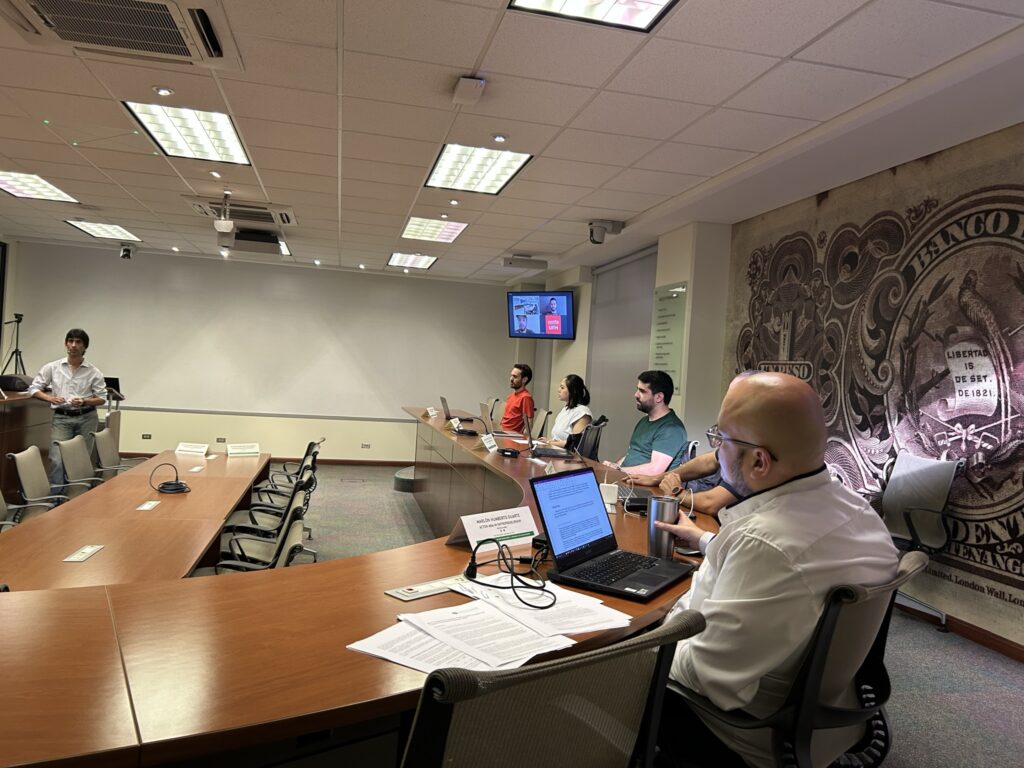Navigating Workplace Politics: the Balance between Leadership and Influence
March 4, 2025
In any business, politics inevitably plays a role in shaping decision-making, leadership dynamics, and organizational success. While some view politics as a necessary tool for influence, others see it as an obstacle to efficiency and fairness. Understanding how to navigate workplace politics while maintaining ethical leadership is essential for long-term professional growth.
Defining Workplace Politics
Workplace politics involves the informal strategies employees use to gain influence, access resources, and advance their interests within an organization. This can manifest in various ways:
- Power struggles between leaders seeking control over company direction.
- Bureaucratic inefficiencies that slow down decision-making processes.
- Influence-building through alliances to push specific agendas.
- Silos within departments that limit cross-functional collaboration.
Understanding these dynamics allows professionals to navigate them effectively rather than being hindered by them.
The Thin Line between Politics and Leadership
Leadership and politics often overlap, but they are not the same. A strong leader:
- Focuses on influence rather than control. Instead of relying on authority, effective leaders inspire and guide teams through vision and collaboration.
- Encourages transparency. Leaders who clearly communicate goals and expectations reduce the negative effects of politics.
- Manages change proactively. In political environments, leaders must strategically implement change without alienating key players.
However, when leadership is absent or weak, politics can fill the gap, leading to power struggles and inefficiencies that undermine business success.
How to Navigate Workplace Politics Effectively
For professionals looking to succeed in a politically charged environment, the following strategies can help:
- Develop political awareness.
- Understand the key influencers within your organization.
- Recognize how decisions are made and who has real decision-making power.
- Build strategic alliances.
- Form relationships across different levels and departments.
- Avoid aligning with toxic workplace politics but be aware of power dynamics.
- Maintain integrity and transparency.
- Avoid manipulation or unethical tactics to gain influence.
- Focus on value-driven leadership that prioritizes company success over personal gain.
- Influence through results.
- Instead of engaging in political maneuvering, let your work speak for itself.
- Demonstrate your ability to drive impact and align with company goals.
When to Challenge the Status Quo
Sometimes, professionals must decide whether to work within the political system or challenge it. This depends on factors such as:
- The company’s openness to change. If leadership is resistant to new ideas, challenging the system can be risky.
- Your influence level. If you have credibility and a strong track record, you may be able to drive change effectively.
- Long-term career impact. Consider whether staying in a highly political environment aligns with your professional values and growth.










